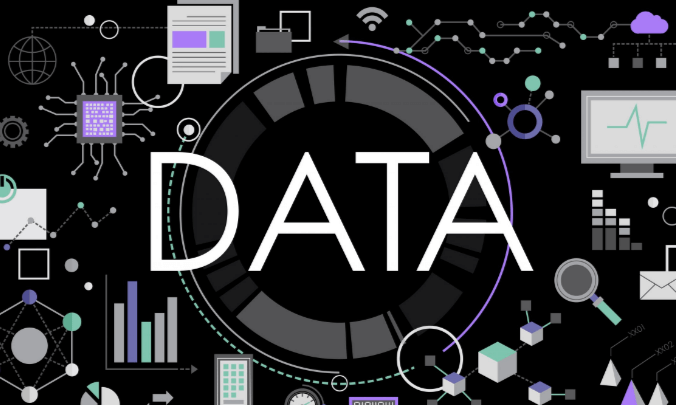How are Advancements in Machine Learning Algorithms Enhancing Predictive Analytics in Sectors like Finance and Healthcare?

Introduction
In the rapidly evolving world of technology, machine learning (ML) stands out as a groundbreaking force, particularly in its applications within predictive analytics. This article delves into how advancements in ML algorithms are profoundly transforming sectors such as finance and healthcare. By improving the precision of predictions and enabling more efficient practices, these innovations offer a glimpse into a future where data-driven decision-making is paramount.
What is Predictive Analytics?
Predictive analytics refers to the use of data, statistical algorithms, and machine learning techniques to identify the likelihood of future outcomes based on historical data. This method is all about foreseeing events before they happen, allowing businesses and organizations to make better decisions.
Core Machine Learning Concepts Behind Predictive Analytics
Understanding the foundational machine learning concepts that drive predictive analytics is essential for appreciating its impact across various sectors.
Data Mining and Analysis
Data mining involves extracting valuable patterns from large data sets, which is critical in creating effective predictive models.
Supervised Learning and Regression Models
Supervised learning algorithms are trained using known data inputs and outputs, allowing the models to predict future outputs.
Neural Networks and Deep Learning
These are complex structures that mimic human brain functioning, capable of identifying subtle patterns in massive datasets.
Advancements in Machine Learning Algorithms
Recent advancements in machine learning algorithms have been instrumental in enhancing the scope and accuracy of predictive analytics.
Automated Machine Learning (AutoML)
AutoML has democratized the use of machine learning by automating the process of applying machine learning models to real-world problems.
Ensemble Methods
These methods combine multiple machine learning models to improve predictive accuracy.
Reinforcement Learning
In this approach, algorithms learn to make decisions by trial and error, which significantly refines their predictive capabilities over time.
Impact of Machine Learning on Predictive Analytics in Finance
The financial sector has significantly benefited from the enhanced predictive analytics provided by advanced machine learning techniques.
Risk Assessment
Machine learning models can predict credit risk and loan defaults more accurately, allowing banks to offer more personalized terms and conditions to their customers.
Algorithmic Trading
Traders use machine learning algorithms to predict market trends and automate trading decisions, which can increase profitability.
Fraud Detection
Advanced predictive analytics help in detecting and preventing fraudulent activities by recognizing patterns that may indicate suspicious behavior.
Transforming Healthcare with Predictive Analytics
In healthcare, predictive analytics powered by machine learning can lead to unprecedented improvements in patient care and management.
Disease Prediction and Prevention
Machine learning models can identify individuals at high risk of certain diseases, allowing for early intervention.
Patient Monitoring and Treatment Optimization
Predictive analytics can enhance patient monitoring by predicting potential complications before they become severe.
Resource Allocation
Efficient prediction of patient influx can help hospitals better allocate their resources, thus improving healthcare delivery.
Challenges and Ethical Considerations
While the benefits are vast, the integration of machine learning in predictive analytics also presents several challenges and ethical considerations.
Data Privacy and Security
The use of sensitive data raises concerns over privacy and security that must be diligently addressed.
Bias and Fairness
Machine learning models can inadvertently perpetuate biases if not properly monitored and adjusted.
Regulatory Compliance
Ensuring that predictive models comply with legal standards is essential to their ethical application.
Future Trends in Machine Learning and Predictive Analytics
The future of predictive analytics is bright, with ongoing research pushing the boundaries of what machine learning can achieve.
Integration of AI with IoT
The integration of AI and the Internet of Things (IoT) has the potential to further enhance predictive analytics through real-time data collection and analysis.
Advancements in Quantum Computing
Quantum computing could eventually skyrocket the processing power available for machine learning models, drastically reducing the time needed for complex computations.
Conclusion
The advancements in machine learning algorithms are setting the stage for a revolution in predictive analytics. As these technologies continue to evolve, their impact on sectors like finance and healthcare is expected to grow, leading to more precise predictions and better decision-making capabilities.






